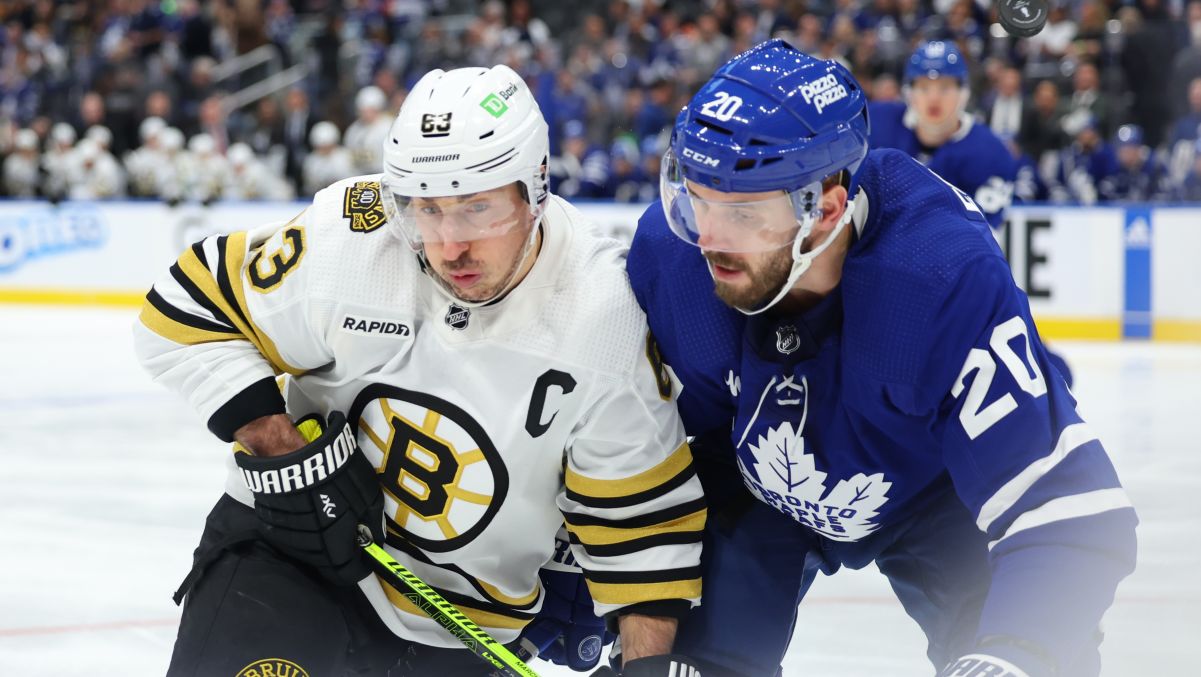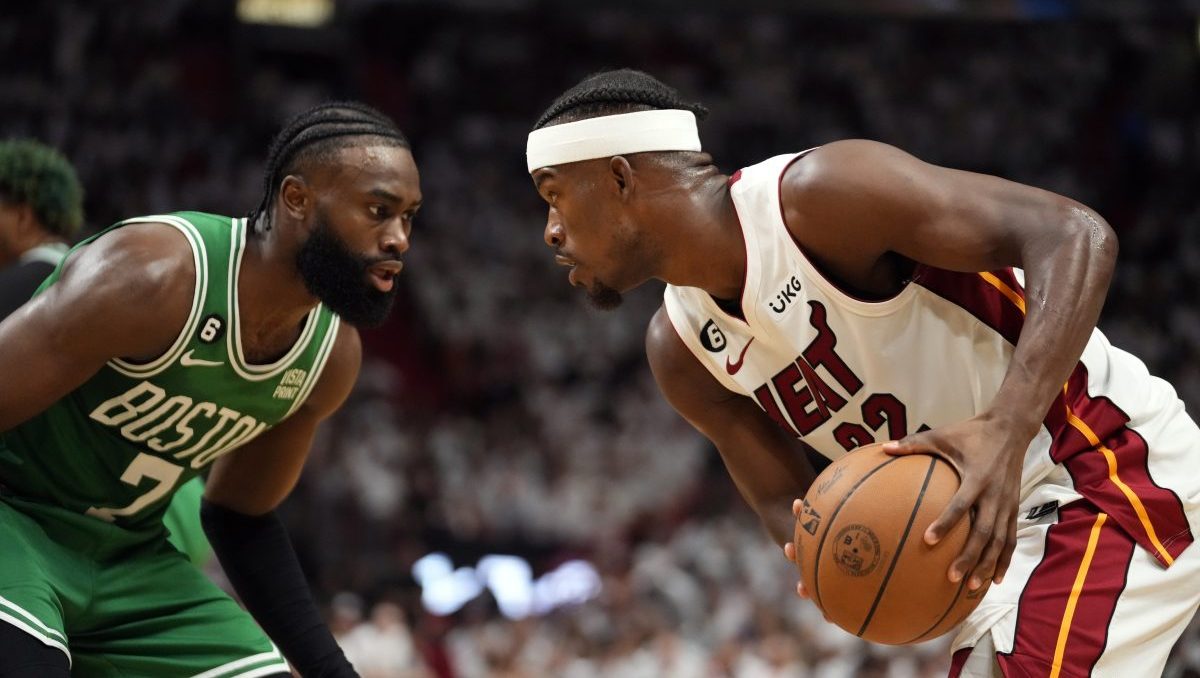Vermont’s governor has signaled support for the concept of a permanent memorial to eventually allow people to reflect on all we’ve all been through during the COVID-19 pandemic — namely the many lives lost.
“I think it’s a good thought,” Gov. Phil Scott, R-Vermont, said last week in response to a question posed by NECN.
Several families of people who died from COVID-19 had asked NECN in recent months if any public memorials were in the works. Since the two-year anniversary of Vermont’s first COVID deaths is coming up in less than a month, we took those families’ question to the governor at his February 15 press conference.
“Obviously, we’ve had our head down paying attention to the task at hand, which is the pandemic — haven’t had thoughts about after the pandemic,” Gov. Scott responded. “But I think in months and maybe the next year or so, we should contemplate that. I think it’s a good idea.”
Get Boston local news, weather forecasts, lifestyle and entertainment stories to your inbox. Sign up for NBC Boston’s newsletters.
NECN is not aware of any formal plans for a memorial, but in a news story last fall, the executive director of the Barre Granite Association said he suspected people were already formulating ideas to put into place once we exit the pandemic.
Vermont is already home to a monument to victims of the first major polio outbreak documented in the U.S., which happened in the late 1800s in Rutland County. That March of Dimes monument, which both remembers people afflicted with polio and celebrates the success of the polio vaccine, is located in Stowe.
Vermont also is one of the very few places anywhere where you can find a marker for the Spanish Flu pandemic. It killed more than 50 million people worldwide — roughly 675,000 of them in the United States — but is labeled the “forgotten flu” in part because of a lack of tangible sites remembering that impact.
Local
In-depth news coverage of the Greater Boston Area.
“It wasn’t going to be the forgotten flu if I had anything to do with it,” said Brian Zecchinelli, who led the charge to install the Spanish Flu monument in Barre’s Hope Cemetery in 2018 — 100 years after that disease tore across the globe.
Zecchinelli told NECN in November of 2021 that he doesn’t want to see COVID’s toll go neglected as long.
“Certainly, we’ve lost a lot of lives — we don’t want to forget all those loved ones we lost to this pandemic,” Zecchinelli said in the interview last fall, before emphasizing his belief that any public COVID memorial should also praise the countless people who worked so hard to help others during this difficult chapter in history. “We also want to take this opportunity to lift up all those doctors, nurses, first responders, and scientists that helped save so many lives.”
Martha Chessie, whose father, Bob Kirkbride of Ludlow, died from COVID in March 2020, was glad to hear the subject is getting attention.
“I think it’s a wonderful idea,” she told NECN in an interview Monday.
Chessie said she and her dad’s other loved ones appreciate Gov. Scott’s interest in discussing an eventual, lasting tribute that would acknowledge experiences like theirs.
“Having a place for the families, the caregivers, the people who have been affected to go and to reflect would be a wonderful idea,” Chessie said.
First though, the governor said, we do need to fully get through the pandemic. He added that regional and national trends have him really optimistic.
“We’re getting closer every day,” Gov. Scott said last week.
For more information on COVID-19 in Vermont, including prevention, getting vaccines and boosters, and finding testing locations, visit this Department of Health website.



